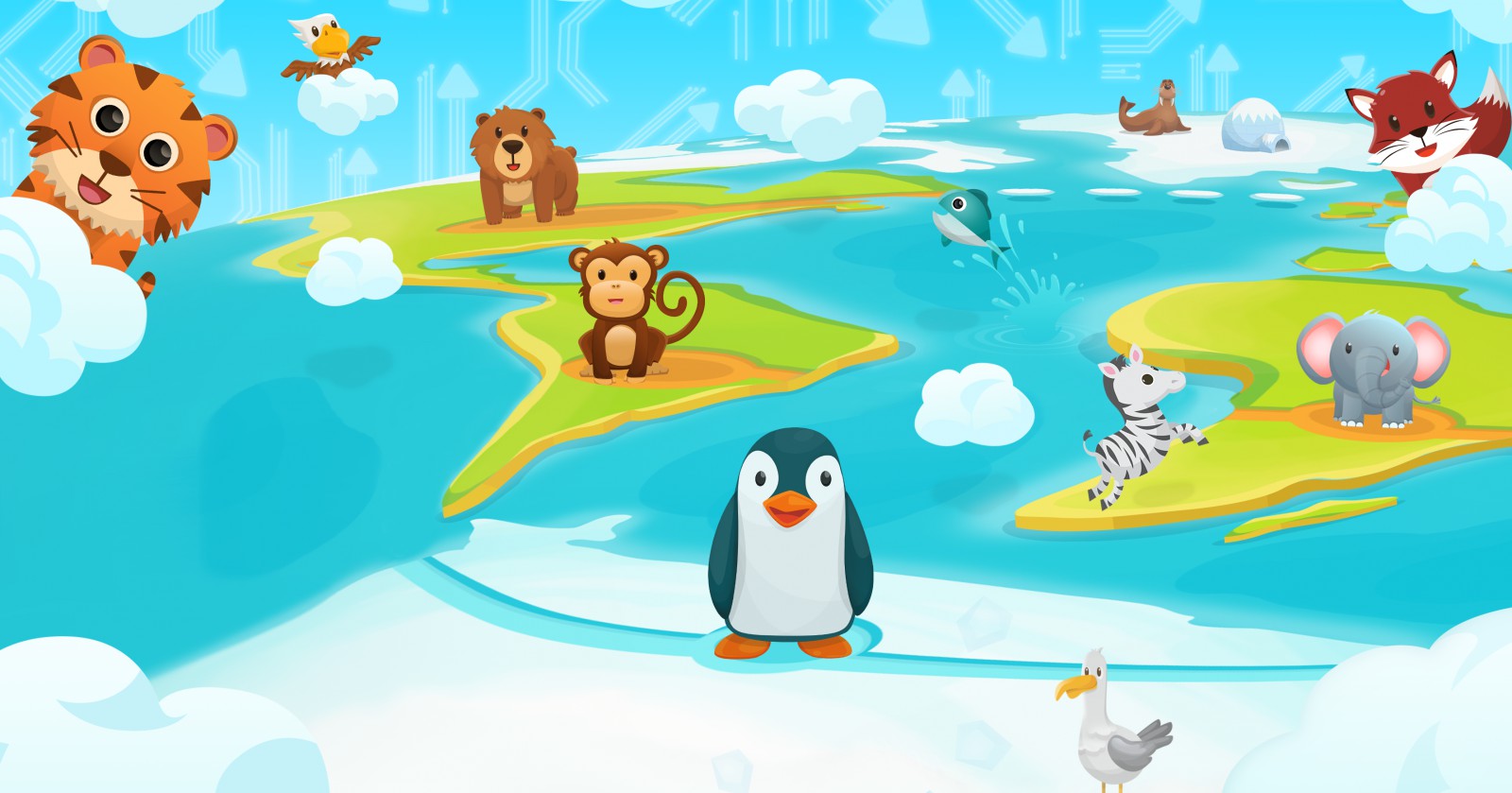
Could your pre-schooler learn to code?28.11.2018
Coding is a must-have skill for the 21st century. Everyone knows it’s important to learn it (with AI and technology taking over more and more of our jobs, someone will have to program it, right?) but how early can you start teaching the basics of coding?
A year ago I came across an article in The Guardian, an interview with British technology pioneer, Dame Stephanie Shirley and two things stood out. Firstly that we should start learning the principles of coding early, at two or three – and secondly, that we need to get girls to code.
Dame Stephanie Shirley, whose company was one of the first to sell software in the 1960s, said that engaging very young children – especially girls – could ignite a passion for puzzles and problem-solving long before the “male geek” stereotype took hold.
Shirley also pointed out that it is not surprising that while the Apple Watch has lots of useful functions such as monitoring heart rate, it doesn’t help in managing the menstrual cycle.
Shirley also pointed out that it is not surprising that while the Apple Watch has lots of useful functions such as monitoring heart rate, it doesn’t help in managing the menstrual cycle. That’s probably because only 20% of programmers at the big tech companies are female. “Lack of diversity in tech is leading to products that have bias programmed into them" says Shirley.
This is an issue I am very passionate about, as a parent but also co-founder of a tech learning start-up for pre-school kids Hopster. I worked hard to interest my daughter (now 9) in coding (with success), but this article gave me additional motivation. So, I came into the Hopster office one morning and said “we need to do this”.
Shirley also pointed out that it is not surprising that while the Apple Watch has lots of useful functions such as monitoring heart rate, it doesn’t help in managing the menstrual cycle.
I began by interviewing our top developers to find out what makes a good programmer. They said it’s creativity, problem solving and logic. The actual programming language was not a priority. Coding apps for age 7 and up were already well catered for but the pre-schoolers seemed to be left out. But it’s between birth and age 5 that a child's brain develops more than at any other time in life, producing more than a million neural connections each second. Early brain development has a lasting impact on a child's ability to learn. And if we think of programming as just another language – this is the time to learn it.
Building something for young children that appealed equally to girls and boys was challenging. At six and seven children already exhibit gender bias. When girls at school asked to draw a scientist, they drew a male. So when I saw the first designs for the game, set in space, I knew it would not work (despite being a huge space geek myself). Even at young age girls don’t think of space as being something for them. My male design team thought I am overreacting but I asked them to come up with other designs so we could test them at nurseries in London.
We created several prototypes – fairytales, space, ants and space. How many girls chose the space one? ZERO. None. Null.
Even at young age girls don’t think of space as being something for them.
We created several prototypes – fairytales, space, ants and space. How many girls chose the space one? ZERO. None. Null. It was truly heartbreaking but enlightening as well. Good news, the animal theme turned to be the most gender neutral.
We launched Hopster Coding Safari this summer. Since then, over 300k kids around the world have played the game. Our pre-coding game requires no reading skills and gradually progresses across 70 levels of difficulty – from simple puzzles to more complex sequences. We introduce children to the fundamentals of computational thinking, including pattern recognition, decomposition, abstraction and algorithms. My mission has always been to help kids learn through the stories they love. Good entertainment should teach you something and good education should be fun. Kids learn through play.
see also
- The First Heart 3D-Printed Using Human Stem Cells Promises a Breakthrough in Transplant Science

News
The First Heart 3D-Printed Using Human Stem Cells Promises a Breakthrough in Transplant Science
- Studio Ghibli Releases Free Backgrounds for Video Meetings
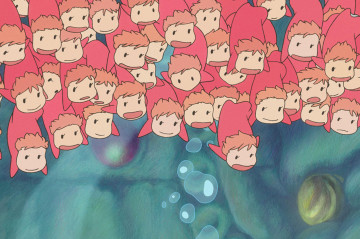
News
Studio Ghibli Releases Free Backgrounds for Video Meetings
- Women’s Stories – Take a Stand on an Important Issue in Papaya Young Directors vol. 8
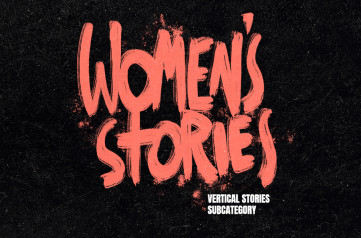 Papaya Young Directors
Papaya Young DirectorsNews
Women’s Stories – Take a Stand on an Important Issue in Papaya Young Directors vol. 8
- "A human is an outrageous phenomenon and what a prize that we get to be one". See "Out of the Blue", a biopic about an eccentric Baltimorean
News
"A human is an outrageous phenomenon and what a prize that we get to be one". See "Out of the Blue", a biopic about an eccentric Baltimorean
discover playlists
-
Andriej Tarkowski
 02
02Andriej Tarkowski
-
Papaya Young Directors 7 #MASTERTALKS
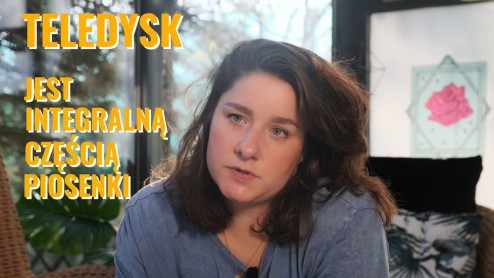 18
18Papaya Young Directors 7 #MASTERTALKS
-
PYD: Music Stories
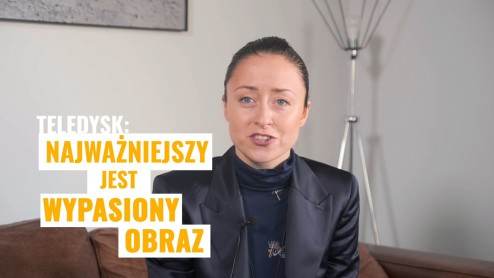 07
07PYD: Music Stories
-
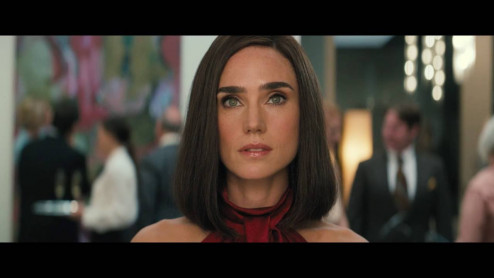 03
03
